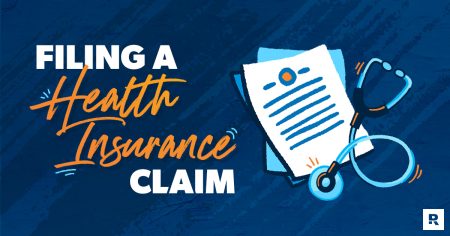Credit Sesame’s personal finance news roundup July 13, 2024. Stories, news, politics and events impacting personal finance during the past week.
Consumer prices fell in June 2024
The Consumer Price Index (CPI) fell by 0.1% in June 2024. That’s the first month for which the change in CPI has been negative in more than four years. Gasoline prices led the decline, with a 3.8% drop in June. Year-over-year, the CPI rose by a moderate 3.0% as of the end of June, down from 3.3% through the end of May. Core inflation, which excludes the food and energy sectors since they are especially erratic from month to month, was up by 0.1% in June and 3.3% year-over-year. However, even that increase marked the third consecutive month that the core inflation rate has slowed. See details at BLS.gov.
Producer prices provide a reality check on inflation
A day after the Consumer Price Index (CPI) provided some hope that inflation may be on the run, the Producer Price Index (PPI) showed it might remain persistent. While the CPI declined in June, the PPI rose by 0.2%. The increase was due to a lingering problem in the economy: a labor shortage in some sectors. These shortages have forced employers to pay more to attract and retain workers. Thus, while the cost of goods fell by 0.5% in June 2024, the cost of services rose by 0.6%. The PPI tends to vary more from month to month than the CPI, but trends in producer prices are likely to be reflected in the prices consumers pay over time. See PPI report at BLS.gov.
New regulations blamed for loss of free checking accounts
JPMorgan Chase has warned that it may soon start imposing fees on many checking accounts that have been free up to now. An executive for Chase cited new regulations imposing caps on credit card late fees and overdrafts as the reason for the new charges. Since the bank can’t recoup the costs of late payments and overdrafts directly from those customers, it will attempt to spread those costs across its broader account base. The impact could be far-reaching since Chase has 86 million customers. See article at NYPost.com.
Credit card debt picks up steam again
New data from the Federal Reserve show that consumer debt grew more quickly in May 2024, led by credit card debt. Consumer debt grew at a seasonally adjusted annual rate of 2.7%. This followed a more moderate growth rate of 1.5% in April and a decrease of 0.3% in March. Of particular concern is the fact that revolving credit grew especially quickly. Revolving credit grew at a 6.3% annual rate in May, compared to 1.4% for non-revolving credit. This represents a relapse into credit card debt growth after it had declined at a 0.8% annual rate in April. Revolving credit consists mainly of credit card debt, which is typically more expensive than other forms of consumer debt. See data at FederalReserve.gov.
US travel binge continues
The 2024 July 4th holiday showed Americans continuing to spend heavily on travel. The Transportation Safety Administration (TSA) reported screening 3 million people in US airports on Sunday, July 7, the last day of the holiday weekend. Eight of the ten busiest days in TSA history have come so far in 2024. American travelers haven’t just bounced back from pandemic restrictions; they are now traveling in numbers that exceed pre-pandemic levels. See article at Yahoo.com.
Office vacancies hit new highs
The amount of office space in the US that is currently vacant reached a record 20.1% in the second quarter of 2024. That’s the first time the office vacancy rate has exceeded 20%. A report from Moody’s projects that this vacancy rate could rise even higher over the next few years. This is partly because of the trend towards remote working and partly because a lot of older office space no longer meets the needs and preferences of modern workplaces. Some office space may be repurposed as residential, but conversions can be long and arduous. See article at Yahoo.com.
Consumers expect inflation to slow
The latest Survey of Consumer Expectations from the New York Fed found inflation expectations aligned with income growth, but spending expectations exceeded both. Inflation expectations for the year ahead fell by 0.2% in June 2024 to 3.0%. Meanwhile, expected employment earnings growth rose by 0.3% to 3.0%—this roughly synced inflation and wage growth expectations, which hasn’t happened since before the pandemic. However, household spending expectations exceed both, rising by 0.1% to 5.1%. This suggests more household debt as spending grows more quickly than income. See survey highlights at NewYorkFed.org.
Weekly news headlines from Credit Sesame
Read the full article here










